There are countless mixing tips online.
Too many to implement all at once, but you want to start making better mixes, faster.
Which mixing tips are going to give your the biggest return on your investment?
In other words, which few tips will help you move the needle the most when it comes to creating better mixes?
What are the top 5 tips to keep in mind when mixing?
I'd see these are the top 5 tips:
- Mix at the right volume levels
- Follow a proven mixing system
- Use reference tracks
- Mix in mono
- Keep it simple; don't over process
Now I'll unpack how you can implement each of these 5 tips in your productions.
Create Pro-Mixes, Faster
Click below to download my free song-finishing checklist to help you create radio-ready songs without taking months to complete them.
1. Mix At The Right Volume Levels
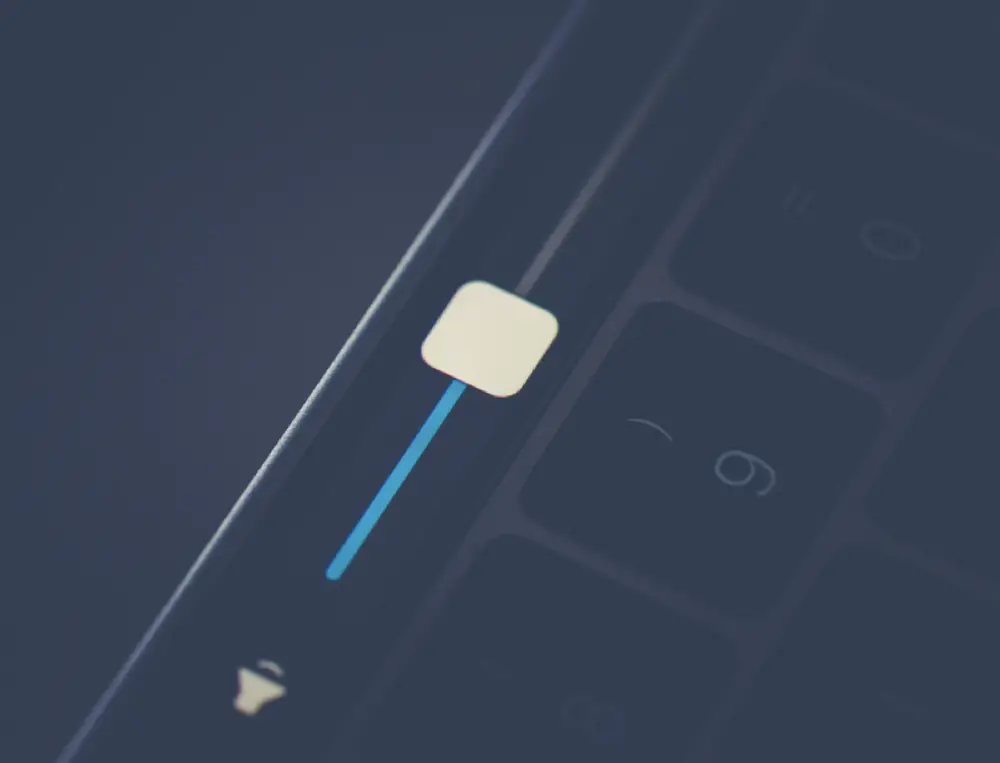
Mixing at the right volume level is key for a great-sounding mix for a couple reasons.
1. Make The Most Accurate Mixing Decisions
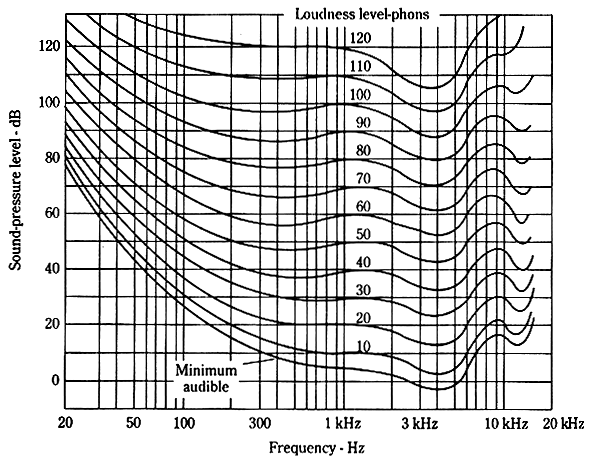
Because of something called the "Fletcher-Munson Curve", which models how the human ear perceives sound across different frequencies at different volume-levels...
You need to make sure you are listening back to your track at 85-90db when using EQ.
This is because you can make bad decisions based on your ears getting tricked by what you're hearing if you EQ at lower volume levels.
By listening back at 85-90db, which is quite loud, you'll make the most accurate EQ decisions.
2. Reduce Listening Fatigue
That said, the rest of the time, you want to listen at lower-volume levels.
This is because if you have your music blaring the entire time your mixing, your ears will get fatigued, and you'll lose objectivity...
Which also interferes with your ability to make accurate mixing decisions.
So, when not using EQ, try and mix at a volume level that would allow you to carry on a conversation with someone else in the room without raising your voice.
2. Follow A Proven Mixing System
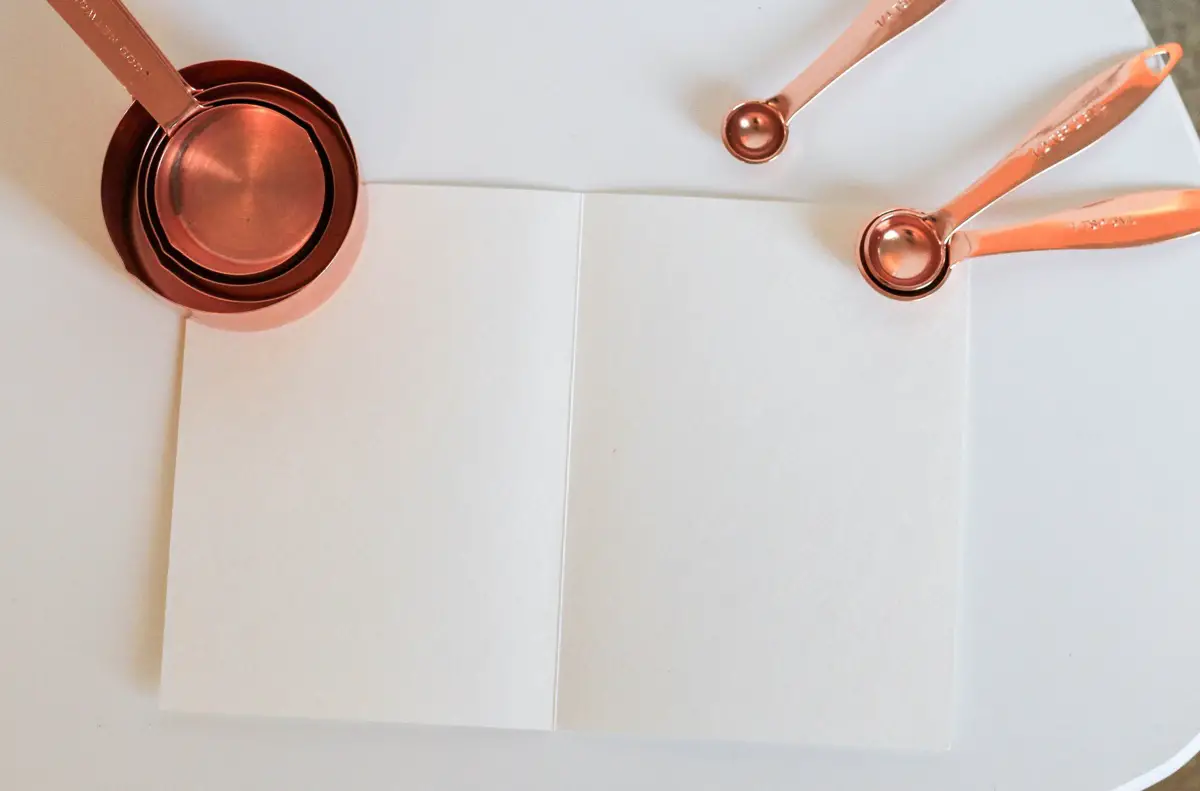
If you were trying to bake a cake from scratch, without a recipe, and without measuring cups, and you were just throwing ingredients together...
Then your results would vary quite a bit from cake to cake.
It's the same with mixing music.
You don't have a proven step-by-step system to follow, then each song you produce will vary quite a lot in terms of quality...
And it will take you a lot longer to finish tracks as you'll constantly be chasing your tail.
Instead, you'll want to follow a proven mixing system that looks something like this:
- Organization
- Editing
- Volume balancing
- Signal controllers
- Signal effects
- Automation
Create Pro-Mixes, Faster
Click below to download my free song-finishing checklist to help you create radio-ready songs without taking months to complete them.
3. Use Reference Tracks
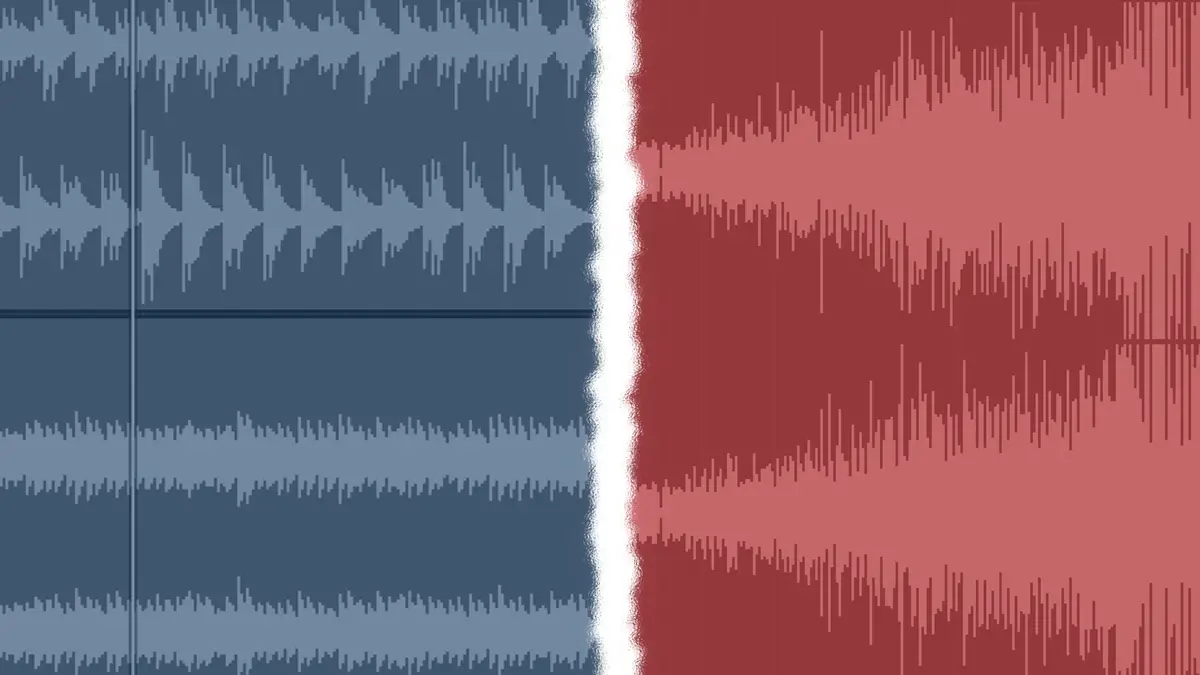
Tip number 3 is to use reference tracks, as these will be your secret weapon for creating professional mixes.
Reference tracks are simply other, professionally produced, songs in your genre (or that have similar instrumentation to your song) that you would like your song to sound like.
You can drop a couple of reference tracks into your project and then compare your song to your reference.
You can compare:
- How your individual instruments sound compared to the reference (i.e. how your snare sounds in comparison regarding tone, volume, etc.)
- How your low end compares to the reference (too much, too little, too muddy, etc.)
- You your high end compares
- How your midrange compares
- Etc.
Not using reference tracks is like trying to draw a picture of something from memory.
But when you have reference tracks, you now have a photograph from which to create your drawing.
The result is going to be a much better drawing (or mix, in our case).
4. Mix In Mono
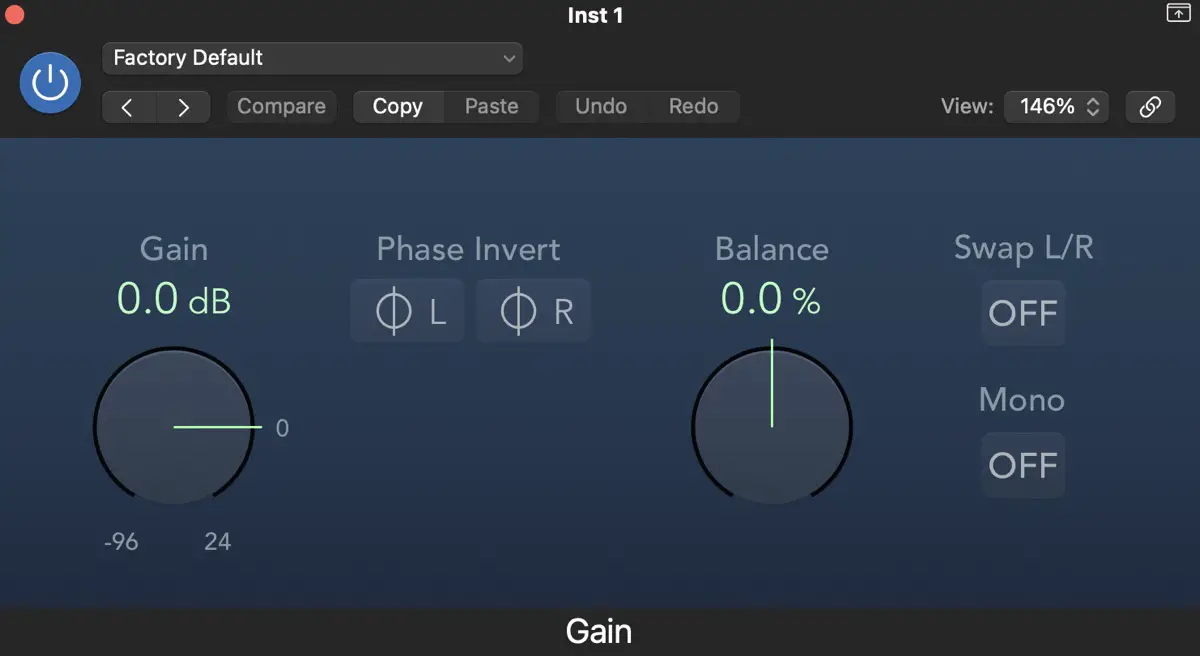
Mixing in mono is another great strategy for helping you to rapidly create better mixes.
You can set this up in Logic Pro X (or any other DAW) by dropping a trim or gain plugin on your stereo out, which will allow you click the "mono" button and instantly make your entire song mono, versus stereo.
By mixing in mono, and making all of your tracks sit on top of one another, you really get a good idea of how well your mix is coming along.
If you find sounds getting covered up, then you probably need to do some more EQing to make sure everything has a place in the mix.
If you find entire instruments or sounds dropping out completely, then you may actually have a phase issue, and need to check and make sure your waveforms are lined up, and not canceling each other out.
In short, mixing in mono doesn't let any mixing problems hide like they might be able to when things are panned left and right.
If you find you can get a good-sounding mix in mono, then it will probably sound great in stereo.
5. Keep It Simple (Don't Over Process)
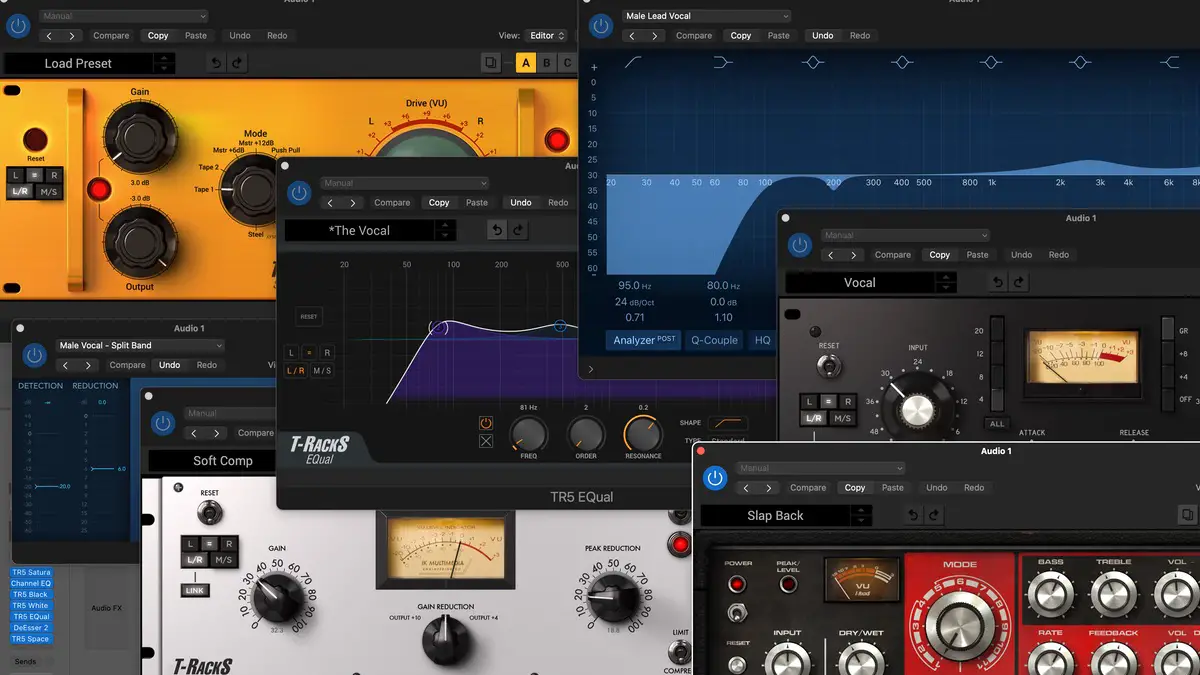
Finally, keep things simple, and don't over process.
You might see people on YouTube or on blogs (including me) telling you to, "Just add plugins X, Y, and Z and your track will sound amazing!
But every song and recording are different, so never add something just because you think you're supposed to. Only add plugins if there is something specific and strategic you're trying to accomplish.
Keep your productions simply, and you'll generally run into fewer problems.
Bonus: Practice, Practice, Practice!
And of course, you're never going to get any better by simply reading or watching tutorials.
You actually have to dive into your DAW and start implementing and practicing.
And the best way to improve rapidly is to practice consistently.
And the best way to guarantee consistency is to scheduling in production time in your calendar.
So be sure to schedule in time every day, or every week, to work on music, practice mixing techniques, and finish more songs.
If you want a proven, step-by-step, mixing system that you can follow to finish more tracks faster...
Create Pro-Mixes, Faster
Click below to download my free song-finishing checklist to help you create radio-ready songs without taking months to complete them.
This checklist will walk you through a proven step-by-step mixing and mastering process so that you don't ever have to guess or wonder what to do next.
You'll know exactly what to do, and when, so you can quickly mix, master, and finish more tracks.
I hope you found this post valuable on how to the top 5 tips for getting a better mix.
If so, feel free to share, and let me know in the comments below…
